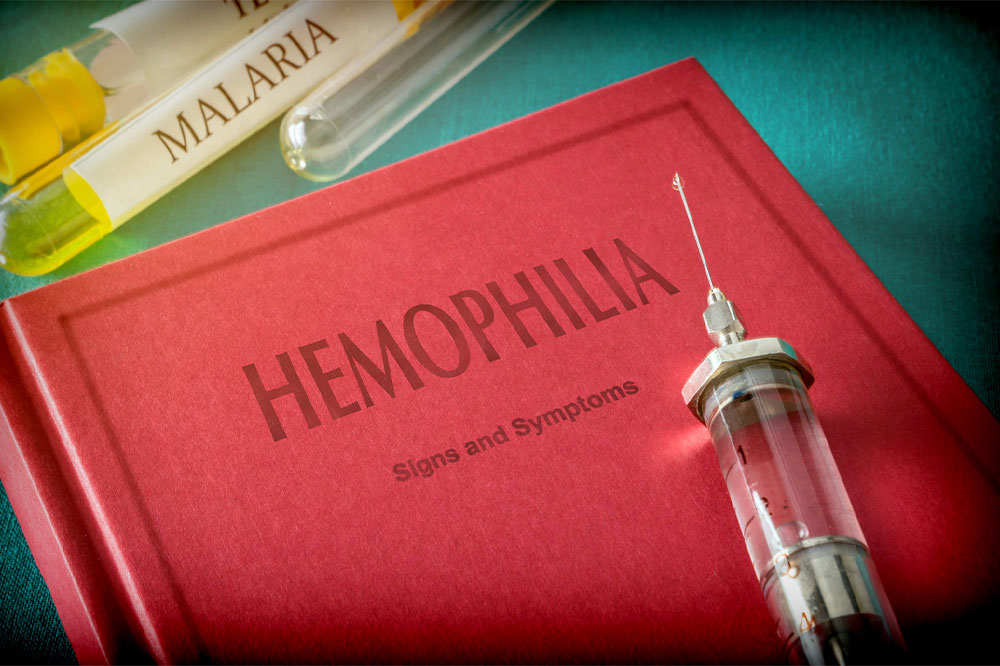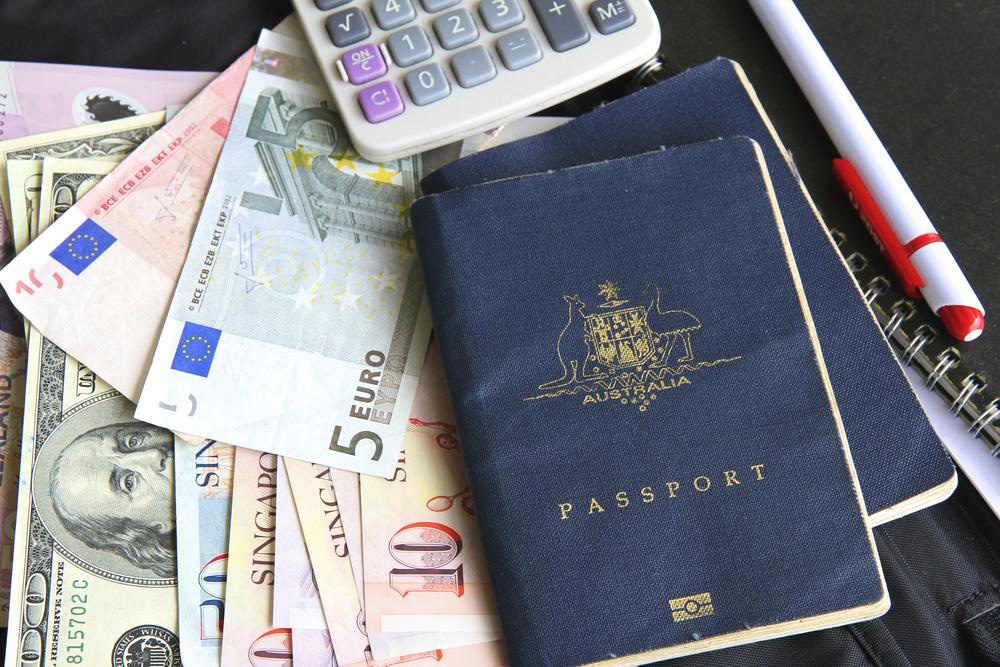Comprehensive Travel Tips for Individuals Living with Hemophilia A
Traveling with hemophilia A requires thorough preparation to ensure safety and medical readiness. This comprehensive guide offers vital tips, including consulting healthcare providers, carrying essential medications, and accessing treatment centers abroad. Proper planning helps manage risks and makes travel enjoyable for individuals with this hereditary bleeding disorder.

Essential Travel Advice for Hemophilia A Sufferers
Hemophilia A is a genetic bleeding disorder characterized by a deficiency in clotting factor VIII, which plays a vital role in blood coagulation. Affecting roughly 12 out of every 100,000 males worldwide, this condition requires diligent management, especially during travel. Proper planning and precautionary measures can help ensure safe and enjoyable trips for individuals with hemophilia A.
Consult Your Healthcare Provider Before Traveling
Before embarking on any journey, it’s crucial to consult with your healthcare provider or a hematologist. They can evaluate your current health status, discuss potential risks associated with travel, and provide personalized advice. Your doctor may also issue a detailed medical prescription letter, which explains your condition, medications, and necessary supplies. This documentation can ease security checks and facilitate emergency responses if needed.
Prior to travel, ensure that all recommended vaccinations, such as hepatitis A and B, are current. These vaccinations are essential to prevent infections that could complicate your condition while abroad. Carry an emergency medical kit, carefully organized and labeled, with all prescribed medications, syringes, diluents, disinfectants, and disposal containers. Having extra supplies is advisable to account for potential delays or unforeseen circumstances.
It's vital to identify nearby hemophilia treatment centers (HTCs) along your route. Resources like online directories or hematology associations can assist you in locating these specialized facilities. Carrying a list of emergency contacts, including local hospitals equipped to handle bleeding episodes, is highly recommended.
Additionally, wearing a medical identification bracelet ensures that healthcare providers are immediately aware of your condition during emergencies. Budget for travel insurance that covers pre-existing conditions such as hemophilia A and verify its coverage limitations, particularly for treatments received abroad. By planning meticulously, you can significantly reduce risks and manage your condition effectively during your travels.





